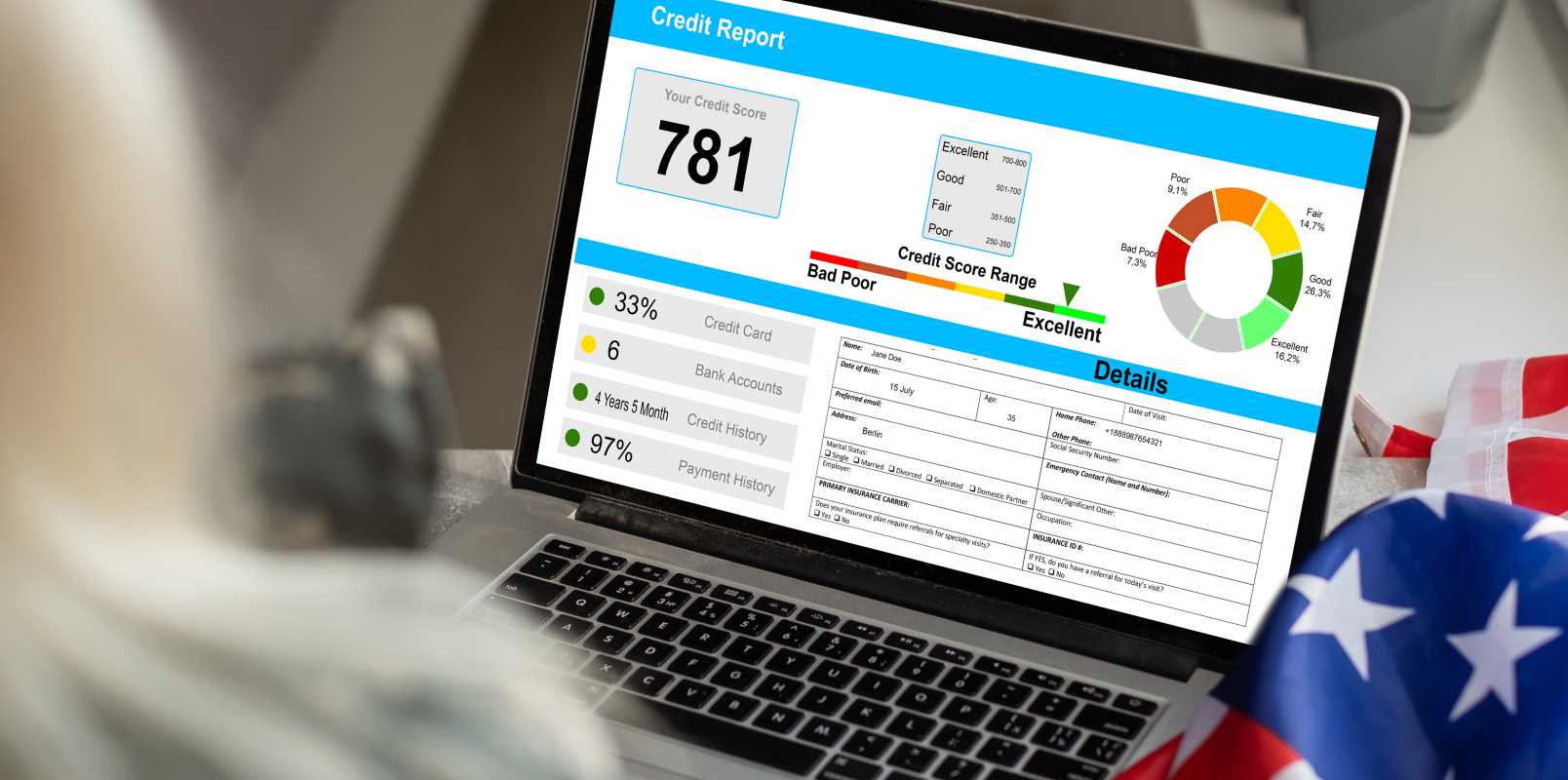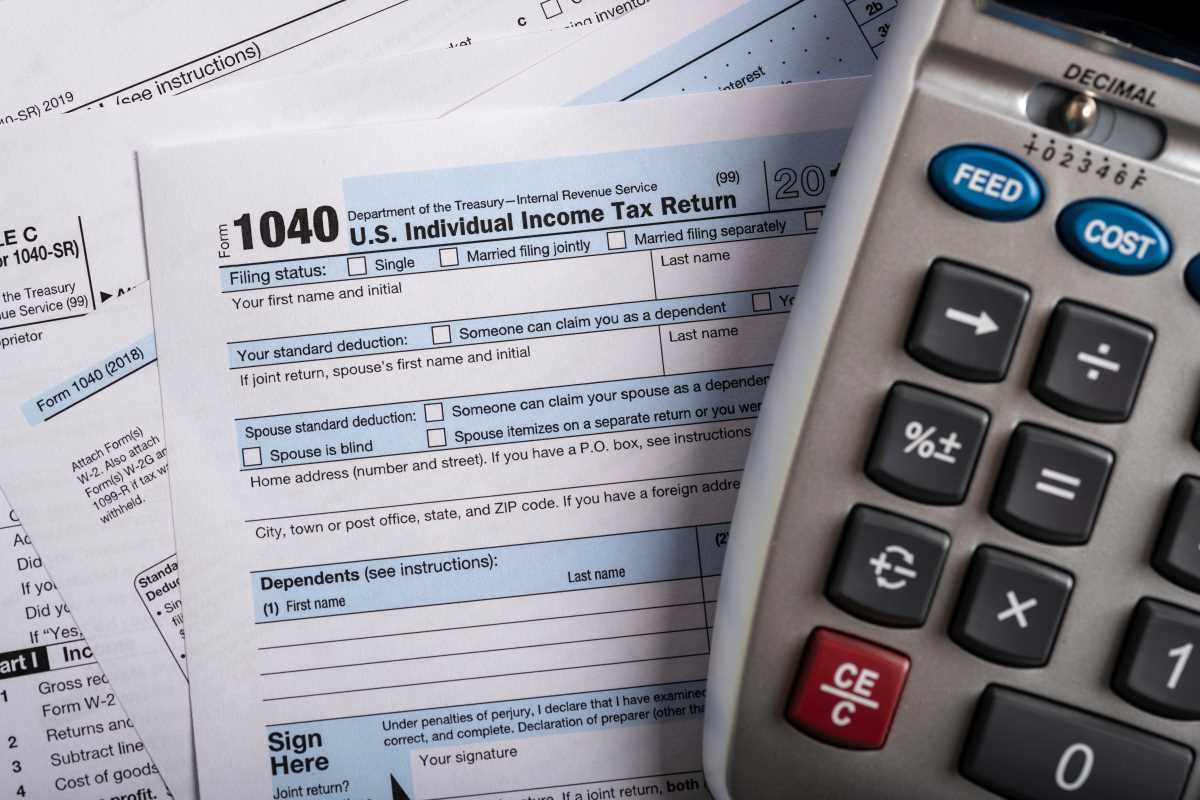Developing good credit starts with practical choices you make every day. By adopting thoughtful spending habits and sticking to a straightforward plan, you can watch your credit score improve over time. Small changes, such as paying bills on time and using your credit card responsibly during routine purchases, add up to a stronger financial foundation. Each trip to the store or swipe at your favorite café gives you a chance to build a better credit history. You don’t need expert knowledge to make a big difference—just a willingness to start with simple steps that fit easily into your routine.
By focusing on small, consistent actions, you’ll see more favorable reports on your credit history and enjoy better borrowing power. Ready to make your regular expenses work harder? Follow these steps to turn everyday transactions into credit-boosting opportunities.
Choose the Right Payment Tools
First, pick cards or apps that report to all three major credit bureaus. That way, every on-time payment counts. Look for low- or no-fee cards with perks that match your spending habits.
- Open a card with a clear rewards structure. For example, choose one that gives extra points on groceries or gas.
- Link a billing service to your checking account. Apps like Plastiq let you pay rent or utilities on a credit card, then settle the balance via bank transfer.
- Set up autopay for fixed monthly bills. Automating avoids missed due dates and late fees.
Once you pick the right tools, check your balances weekly. That quick check helps you spot unexpected charges and keeps utilization low.
Maximize Everyday Purchases
Everyone pays for coffee, meals, and rideshare trips. Use those routine costs to improve credit over time.
- Charge small, recurring expenses—like streaming subscriptions—on a credit card. Then pay the full balance before the statement closes.
- Buy gift cards for stores you visit often. Charge them to your card, redeem them later, and record the transaction on time.
- Share subscriptions with roommates or friends via joint billing. Each month’s payment appears on your account history.
With these tactics, you turn habitual spending into repeated, reportable activity. That steady trail of payments signals reliability to lenders.
Keep Up with On-Time Payments
Consistent, on-time payments form the backbone of a fast-growing score. Missing a due date by even one day can trigger late fees and a ding on your report.
Set a calendar alert or sync your billing dates with your pay schedule. When your rent, utilities, and credit card payments align with your cash flow, you avoid scrambling for funds.
Manage Credit Utilization Effectively
Keep your utilization below 30% of your total limit to show that you use credit responsibly. If your card limit is $2,000, try to never carry more than $600 at once. Lower percentages look even better.
You can reduce that ratio further with a quick tactic: request a credit line increase after six months of perfect payment history. A higher limit automatically lowers utilization—just don’t spend the extra room.
Check your account statements mid-cycle. If a balance climbs too high, make a partial payment before the statement closes. That immediate action keeps reported balances low and rating agencies satisfied.
Monitor Your Progress and Change Your Approach
Review your credit reports regularly to find and dispute errors or unauthorized accounts. Disputing mistakes helps protect your score. You can request free reports from each bureau once a year.
- Track key milestones such as score jumps, paid-off accounts, or newly activated cards.
- Adjust your budget to prioritize on-time payments if you notice late fees.
- Change spending categories if a card’s rewards no longer match your routine.
Think of your credit as a project with clear goals. This approach keeps you motivated and helps you avoid setbacks. Small monthly changes can lead to significant score improvements over time.
Begin using these tips now to improve your credit. Each on-time payment and smart purchase strengthen your credit profile, leading to better loan options and rental opportunities.
 (Image via
(Image via





